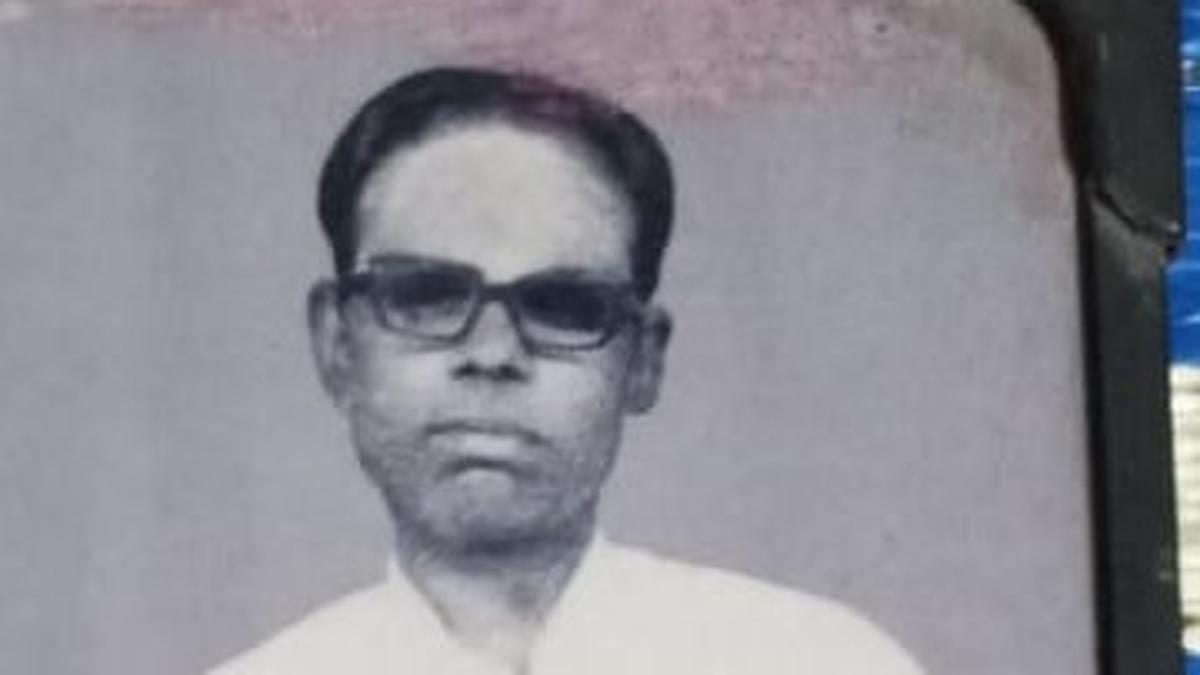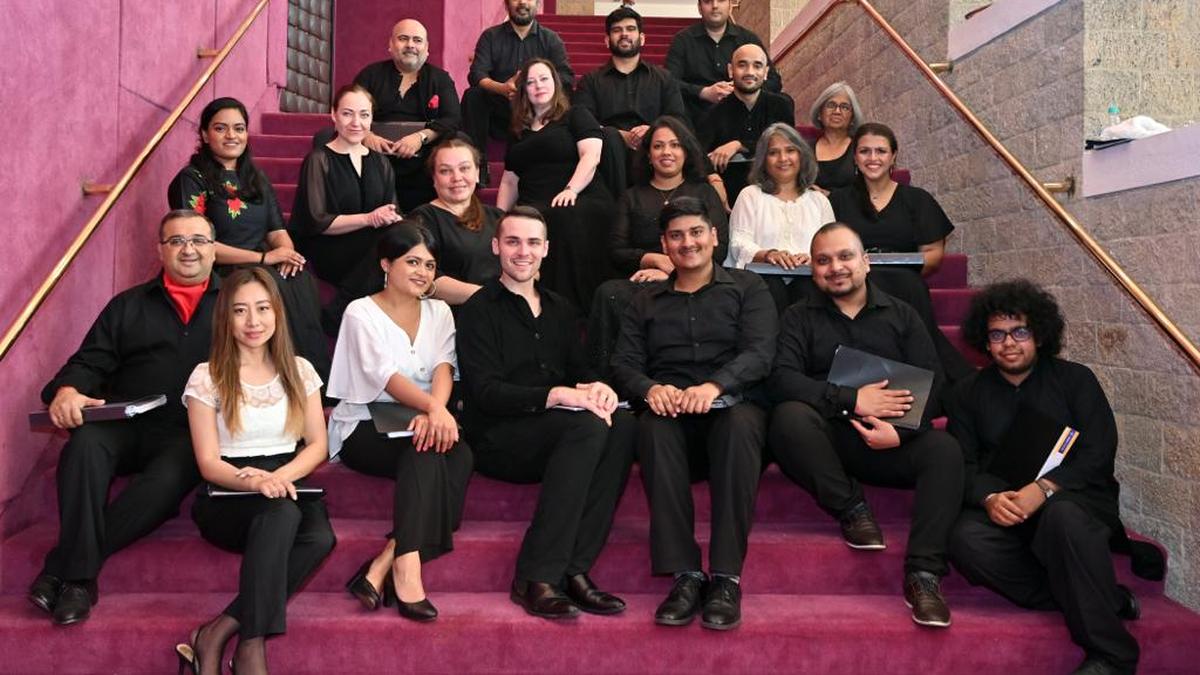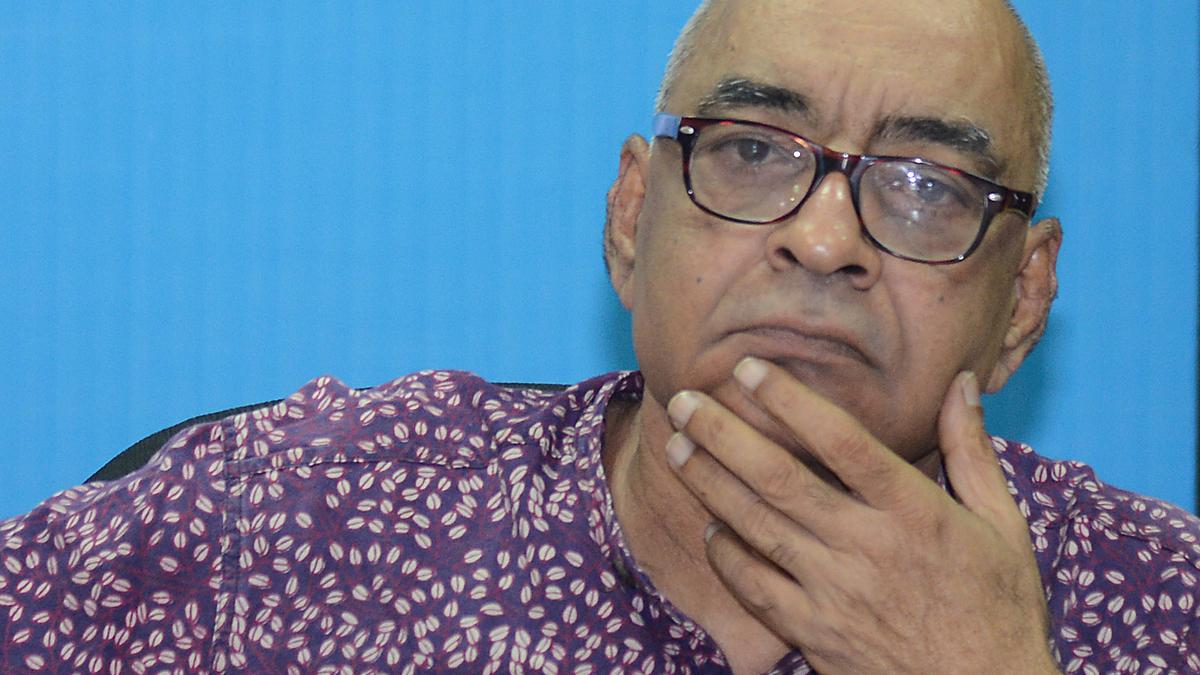Music scholar T.A. Sambandamurthy Achari’s (1913-1977) father Appadurai Achari was an authority on Tiruppugazh, and sang at Naina Pillai’s annual Thiruppugazh festival. “My father acquired a lot of knowledge by listening to my grandfather and through research,” says Sambandamurthy’s son Sahasranamam.
Whenever T.N. Rajaratnam Pillai (TNR) visited Madras, he met Sambandamurthy to discuss apoorva ragas. When Sambandamurthy gave a concert in TNR’s house, the latter asked him to expatiate on some rare ragas. He even once requested Sambandamurthy to compose a song in Kharaharapriya, with a Sampoorna arohana, but using only sa pa ma in the descent. Sambandamurthy tuned the Tiruppugazh ‘Semakomala’, according to TNR’s specifications. TNR and later Kuzhikkarai Pichaiyappa Pillai included it in many concerts. In Trichy All India Radio, TNR and his brother-in -law Thiruvengadu Subramania Pillai played the Tiruppugazh ‘Amudamooru’, which Sambandamurthy had set to tune in Sindhubhairavi.
T.N. Rajarathinam Pillai
Sambandamurthy even composed a varnam in praise of TNR. Sambandamurthy argued that there were only 32 melakartha ragas, and that vivadi melas should be excluded. He said that vidwans should take into consideration the inherent rhythm of Tiruppugazh.
Sambandamurthy explained that ‘Kaithala nirai kani’ was in misram. But vidwans sang it in Adi talam, which was against the metre of the verse. He pointed out that there were many verses in Tiruppugazh in which the five jatis of talas could be identified. For instance, ‘Thimira udati’ — Tisram; Kadalai Poriyavarai – Chatusram; niraamaya puraatana – Khanda: and Sinathavar Mudikkum – Sankeernam. D.K.Pattammal learnt Tiruppugazh from Sambandamurthy and his father.
TNR suggested that if anyone had any questions about sruti bheda, they should consult Sambandamurthy, who had done extensive research on the subject.
In 1927, when Sambandamurthy visited Thoothukkudi, he set some Thevaram verses to tune. He set Thirugnanasambandar’s ‘Mandiramaavadu neeru’ in raga Abheri. It became very popular in Thoothukkudi Siva temple, and was sung by Thevaram singers in Pazhani, Madurai, Tiruvarur, Tiruchendur and other temples.
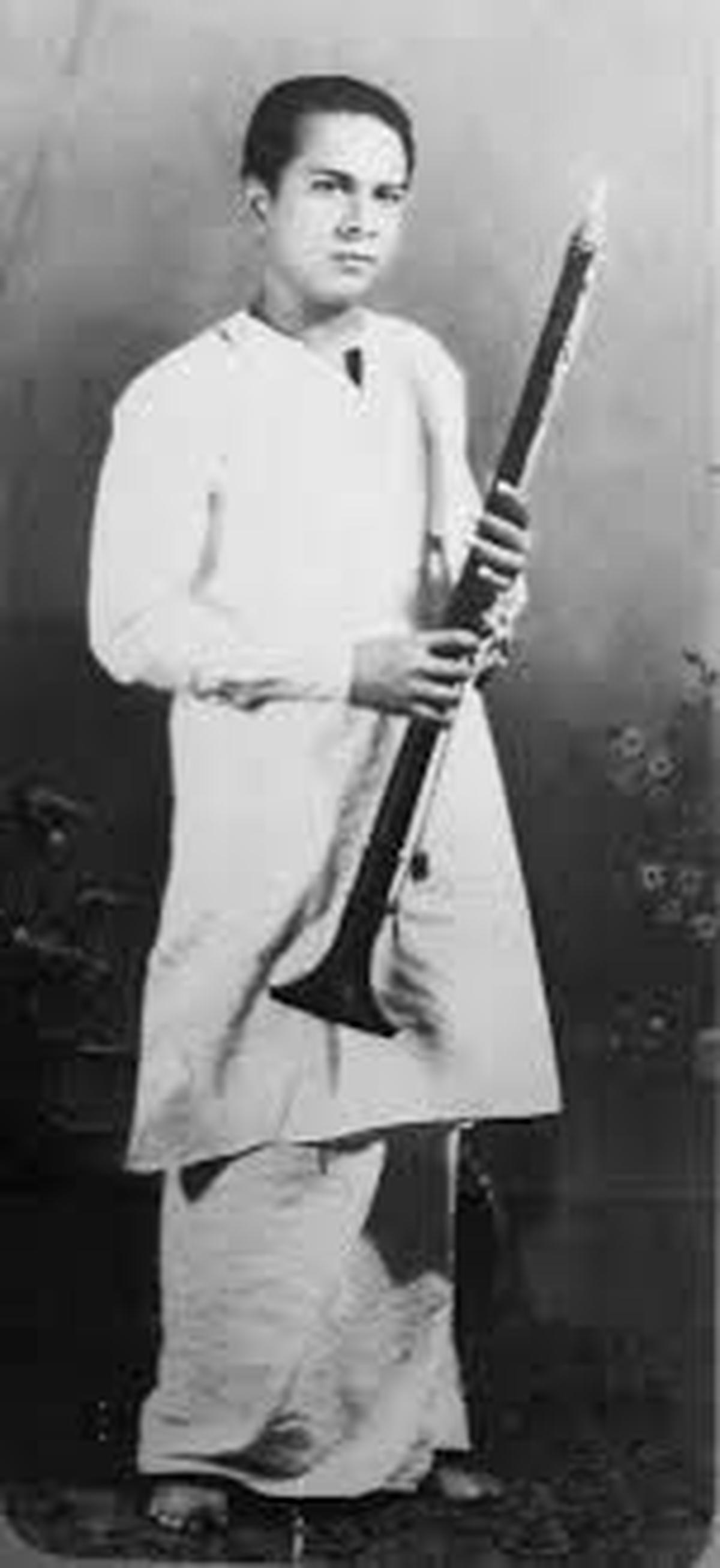
Karukuruchi Arunachalam.
| Photo Credit:
The HIndu Archives
In 1947, nagaswara vidwan Karukurichi Arunachalam learnt the mettu from Sambandamurthy and began playing it in his concerts. The verse was included in Sambandamurthy’s book Isai Varidhi, published in 1956. Naturally, Sambandamurthy was dismayed when the tune was used for the song ‘Singaravelane’ (film Konjum Salangai, 1962), without acknowledging him. He contemplated going to court. But his friends persuaded him to let the matter rest. He wrote that since Karukurichi Arunachalam, Ponnuthayi, Kripanandavariar, Madurai Mariappa Swamigal, T.K. Shanmugam and many others had acknowledged it as his tune, he was not going to look for further recognition.
Sambandamurthy set the 51 verses of Kandar Anubhuti to tune in 51 different ragas. He composed varnams and more than 100 songs.
Music director T.R. Pappa appreciated his Revathi varnam and his Subhapantuvarali song ‘Natanamadidum nayaka’, which had sollukattus instead of chittaswaras.
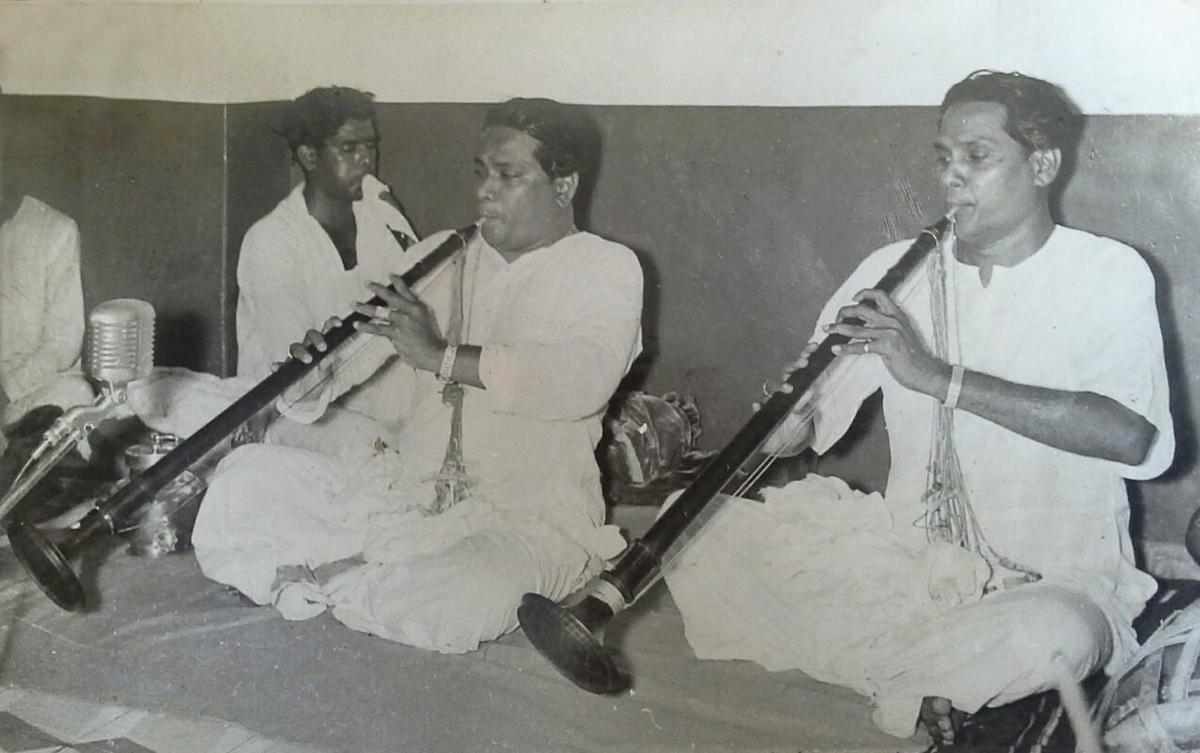
Karukurichi P Arunachalam (left) with K M Arunachalam.
| Photo Credit:
Photo: Special Arrangement
Sambandamurthy wrote a song for the film Paithiyakkaran (1947). He was the music teacher for many in the film industry such as actors S.V. Sahasranamam, N.S. Krishnan and Chandrakantha and editor/director B. Lenin. Music directors P.S. Diwakar and T.K. Ramamurthy consulted him on apoorva ragas. T.K.S. Kalaivanan, son of actor T.K. Shanmugam, who did gurukulavasam under Sambandamurthy, says, “My teacher never began teaching with sarali. Instead, he taught us songs, and with his guidance, we soon acquired swara gnana. He gave me grades for my singing, and I had to get my father’s signature in the report card. He refused to teach songs in any language except Tamil.” Sambandamurthy’s love for Tamil earned for him the title ‘Asaikkonaa isai tamizh arignar’ (unshakeable scholar of Tamizh music) from poet Bharatidasan.
“Isai varidhi, Thiruppugazh, Tala Eri, Raga Marabu, Eliyamurai Isaipayirchi Nool, Sruti Bheda Isai Nool, Apoorva Ragamalika, Kartha Ragangal, Enadhu Kalathu Isai Ulagam, Innisai Pozhil, Thevaram, Bharatanatya Iyal are some of the books grandfather wrote,” says Bilahari, grandson of Sambandamurthy.
“When I studied for BA music, the prescribed text book said that for musical aspects of Thevaram and other Tamil works, students should refer to grandfather’s books,” says granddaughter Sriranjani.
Sadly, Sambandamurthy did not receive any awards. He said that awards were not given to scholars, but to those who happened to be in the public eye. TNR observed that it was the misfortune of Tamil Nadu, that it had failed to use the knowledge of Sambandamurthy.
Maharajapuram Viswanatha Iyer described Sambandamurthy as a “musical genius.” Kripanandavariar built a house for him in Chennai.
When Sambandamurthy was on his deathbed, he dictated a song in Rishabapriya raga to his son Takkesi. The song begins with the word ‘udavuvarillai’ (there is no one to help). It records the anguish of a musician, who spent his entire life exploring the many facets of music, but has not got due recognition. This was Sambandamurthy’s swan song.

